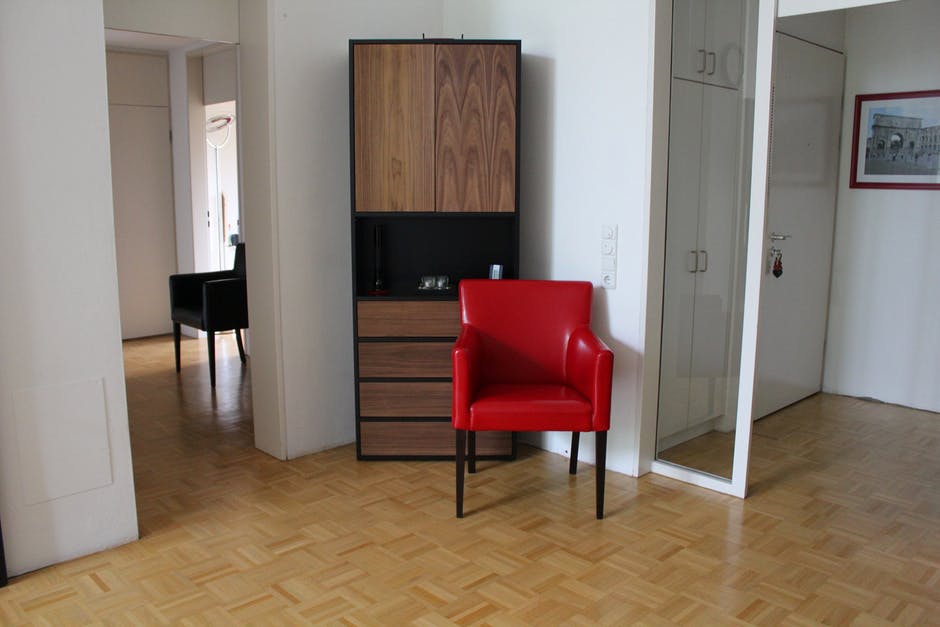If a tenant ends up in jail, the landlord has to deal with a difficult situation. In the past, a number of landlords have decided to access the property, clear out the belongings and then change the locks. This is wrong and landlords who have acted in this manner have been in breach of regulations. If the lease hasn’t expired, it is only possible for the landlord to conclude the agreement by means of the standard eviction process in their local area.
There are obviously ways that the landlord can go about evicting a tenant who is in jail, including:
- The landlord may believe that the tenant has abandoned the property
- The landlord may believe that the tenant no longer occupies the property or uses it as their main home
In these instances, a landlord can evict a tenant without having to go to court. The landlord needs to provide the tenant with a notice to quit, with at least 28 days. This can be sent to the property, even with the tenant in jail.
Rent arrears is a common reason to evict a tenant
It is also possible for a landlord to evict a tenant for rent arrears, which could occur if the tenant is in jail. There is also the fact that a tenant could be removed from the property depending on their criminal or anti-social behaviour and record, or even the record of a family member.
In most cases, the tenancy agreement will detail the tenant’s right to stay and this information will be the starting point when it comes to evicting the tenant.
There are various reasons why a landlord can evict tenants in a private tenancy
When the tenancy is a private tenancy, it is likely that this will be an assured shorthold tenancy, and landlords are able to evict tenants with a 2 months’ notice period. Some of the key reasons for eviction with this style of tenancy include:
- Rent arrears
- The tenant abandoning the property or no longer occupying it as their main home
- Annoying neighbours or causing annoyance in the local area
- Most private tenants have an assured shorthold tenancy and can be evicted easily with 2 months’ notice.
With an assured tenancy, there is a greater level of protection from tenancy. It is unlikely that tenants can be evicted until the landlord has gone to court and that the court has provided permission for the eviction to take place.

Landlords should be aware that even though their tenant is in prison, there is a need for rules and procedures to be followed in a correct manner. This is vital because a failure to follow the correct procedure leaves the landlord open to appeals and complaints over the manner of the eviction.
It is understandable that there is a high level of support and guidance for tenants who may be evicted due to a period in prison. Landlords should familiarise themselves with this information, while also making sure they ask questions of local councils and housing experts.
Having a tenant in jail can be a trying time for landlords but there is guidance and support on offer to ensure that the landlord fully complies with the regulations at all times.


